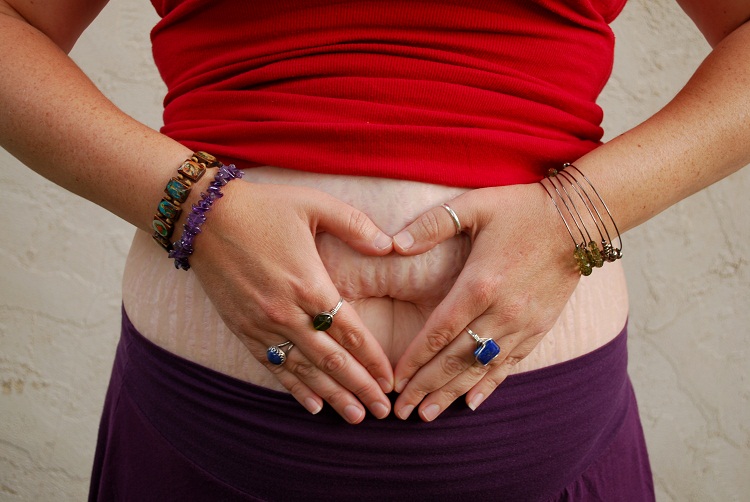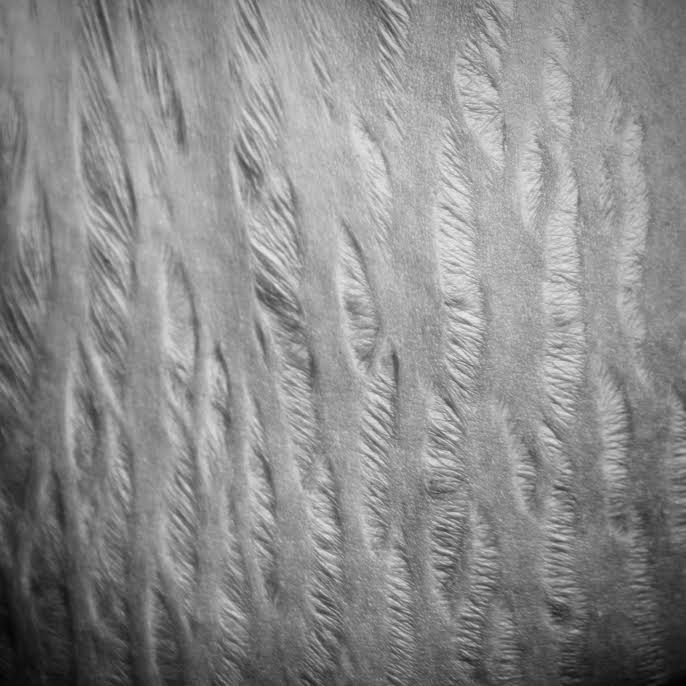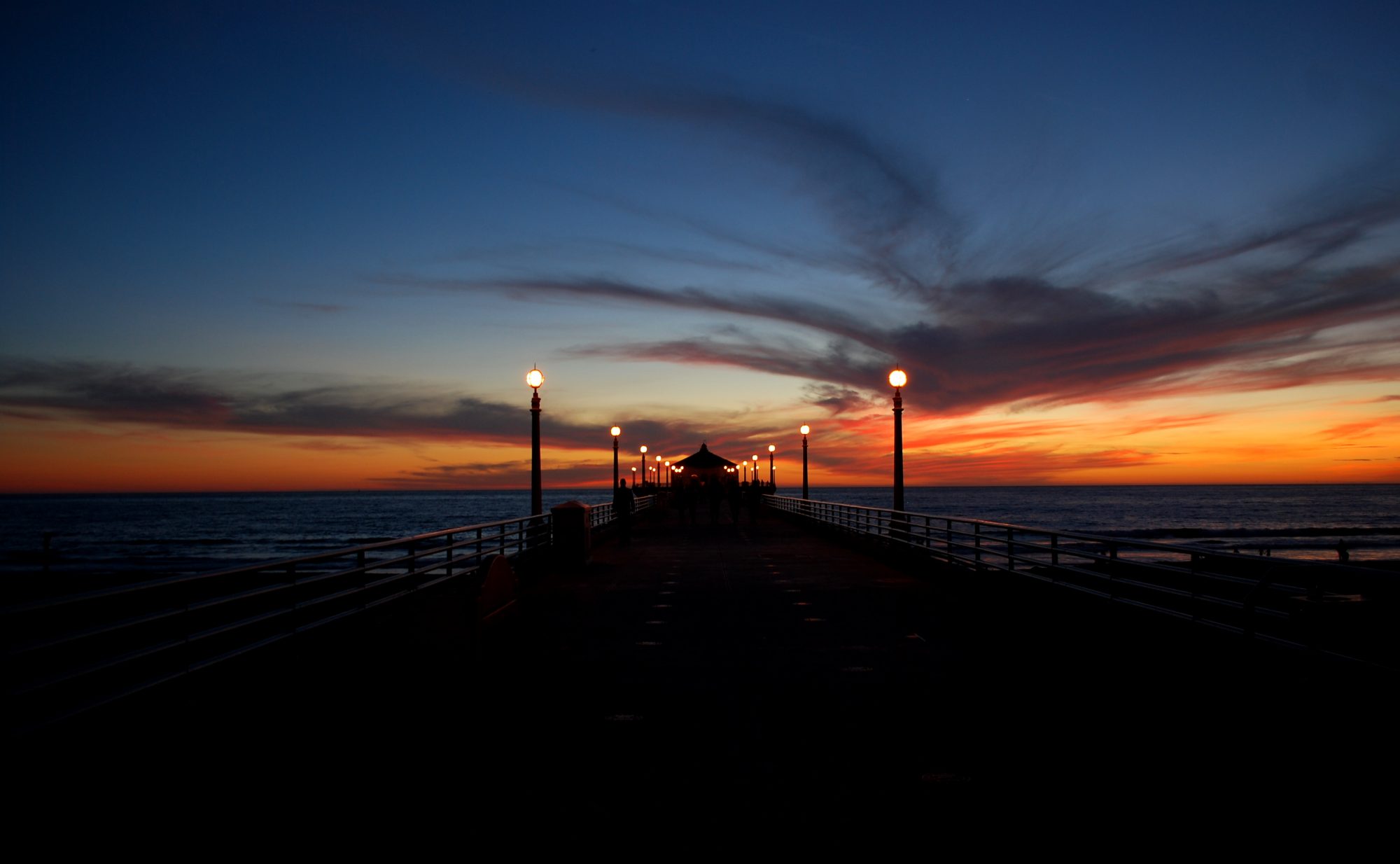
The body is a piece of literature, a memoir. It tells the story of the life within it. A baby is born an empty book: scars from childhood explorations are recorded; stretch marks scrawl up the legs during puberty; surgery to correct an injury makes a note of the event, documenting the healing power of the skin. Tattoos are the illustrations chosen to adorn the body, to record special moments or thoughts onto the flesh. The body grows or shrinks as life becomes complicated or easy and this, too, is recorded onto the skin. Freckles are joyful days spent under the warmth of the sun. Laugh lines and crow’s feet are the emotions of life engraved onto the face. Wisdom is written in wrinkles as life experience is gained. By the end of life, the body tells the history of the soul within it; your skin is your book, your memoir.
Skin grows and shrinks and stretches and scars and heals. Skin is our largest organ and it is our physical connection to the world. We touch and feel and love through our skin. Our skin is a wonder. And we hate it.
We lament freckles, we complain about stretch marks, we curse laugh lines; we want to stretch our wrinkles back into a blank canvas.
We do not value the wisdom that comes with age. We want to erase the experiences that have made us who we are. We want to remain young, foolish, not yet whole. Society wants us weak and ignorant enough that we do not question the patriarchy and we give in because it is the easier path. We want, at the ends of our lives, to be living in a blank book.
This is not simply about skin, though. This is a metaphor for what society wants from the masses: for us to be young and naive, unmarked and unwritten. Society wants our women, particularly those above a certain age, to be unaware of the power we actually hold; it uses misdirection to keep them focused on wrinkles and gray hair rather than the changes they could effect in the world. So long as women believe we must present ourselves as a blank slate for society’s expectations, we keep our books empty, too.
It is a radical move to embrace the stories written into our skin as works of beauty rather than flaws. It is a radical move for a young mother to wear a bikini to the beach showing off her bright red stretch marks. It is a radical move for a middle-aged woman to avoid Botox. It is a radical move to be a fat person without apology.
I am a fat woman. I am not particularly beautiful. My skin has never handled change very well and as I grow older or lose weight, it drapes more and more. In society, there is no place for me.
And so it is really, really fucking hard to love my body, to love myself. My whole self-image is tied up in my physical self-image. No matter how much good intellectual work I do, I know it will never be enough because, physically, I am not perfect. The world reinforces this this womanly ideal, at every turn with diet ads, movie stars, well-meaning people’s comments, medical visits, and on and on.
I struggle to enjoy the skin I am in, and my skin itself, as my life’s historian, author, and poet. I struggle to focus on what really matters: the story, not the pages it is printed on. But, of course, it all really matters. All of it.
“It makes perfect sense that many of us obsess over our bodies. There is nothing more inescapable. Our bodies move us through our lives. They bring pleasure and pain. Sometimes our bodies serve us well, and other times our bodies become terribly inconvenient. There are times when our bodies betray us, or our bodies are betrayed by others. I think about my body all the time – how it looks, how it feels, how I can make it smaller, what I should put into it, what I am putting into it, what has been done to it, what I do to it, what I let others do to it. This bodily preoccupation is exhausting.”
-Roxane Gay, “Reaching for Catharsis,” Bad Feminist
If feminism is defined as equity for women, and if women are more often oppressed because of their physical appearance – if they have to spend more money and time on even the bare minimum amount of effort put into their physical appearance – how can it be claimed that women have achieved equity? It cannot.
We, as a society, need to rethink how we view people’s physical appearances, how we view their bodies. We need to rethink how we view our own skin. We need to remember that our skin tells our story, and that is beautiful. We need to remember that fatness is a part of diversity, and that is beautiful. We need to remember that aging is a sign of wisdom and that is beautiful. We need to remember that disabled bodies are powerful and that is beautiful.
Humans are pack animals. We cannot exist in a solitary state. We need humans to teach us how to be humans.
A study of history and world cultures shows us that certain constructs we accept as scientific truths are, in fact, malleable. Gender and race are not as real as we believe. But, as pack animals, our collective socialization shapes our brains and thoughts and opinions so firmly that it becomes nearly impossible to see outside of those beliefs. It requires significant effort and conscious thinking to overcome these socialized ideas. And, in truth, it often involves relapsing and needing to re-remind ourselves of what our goals are as feminist humans.
As pack animals, we unintentionally put the needs of the community before our own needs. We allow ourselves to follow societal standards without thinking about how they impact our individual psyches because to make society itself unstable can potentially cause more harm to us and to our offspring; we are willing to sacrifice ourselves for the greater good of the pack. There is no reason this has to be, though. We have the capability now, at this stage of our evolution, to communicate and to decide to create a stable society without inequity. But evolution is a strong influence that is not easily overcome. This is hard work.
But the work is worth it. In fact, it is necessary to do if we are to create a new, fully equitable world together. A world where we don’t try to erase the wisdom, the wrinkles of our elders, but where we embrace their contribution to society and to our personal journeys. A world where we don’t try to keep all women as ignorant and restrained as young maidens. A world where we can embrace stories written onto our skin, and flaunt them rather than hide them, showing the world proudly where we come from and who we are.
I adopted my cat from a shelter after she had been found as a stray with two kittens. Like many human mothers, my cat has extra skin on her stomach. A mama belly. A mombod. Unlike many human mothers, my cat does not give a flying fuck. She doesn’t mind that the skin sways from side to side as she runs down the hallway to the sound of her food bowl being refilled. She doesn’t shy away from her belly being touched, rubbed affectionately. She doesn’t think that this amazing ability to create a whole new life where before there were only two cells has damaged her body in any way. She lives wholly joyful in her body, without fear of imperfections.
We can take a lesson from the animals we know and learn to adore our skin and to relish touch. To wholly and radically embrace our bodies. To erotically and sensually live in our skin. Because we deserve touch and love. I have heard from too many people who avoid touch, who avoid love, who avoid intimacy because they are afraid that the stories written onto their skin will look ugly to someone.
I don’t want to live in that world. I want to live in a world where we love the ways our bodies make us feel, where we can joyfully appreciate touch on our scars, our wrinkles, our jelly rolls. I want to live in a world where someone I love can read my life story with their fingertips and I will not fear it or feel ashamed.
This is your mission: wear your skin. Read your skin’s story and share it with the world. Touch your skin and find joy in what you feel. Admire your skin with awe and recognize it for the miracle it truly is. Let your skin record your memoir, physical poetry, and read it every day with love, honor, and admiration. Do not allow your story to be erased. Be radical.

A version of this essay was originally published at GrokNation.com
